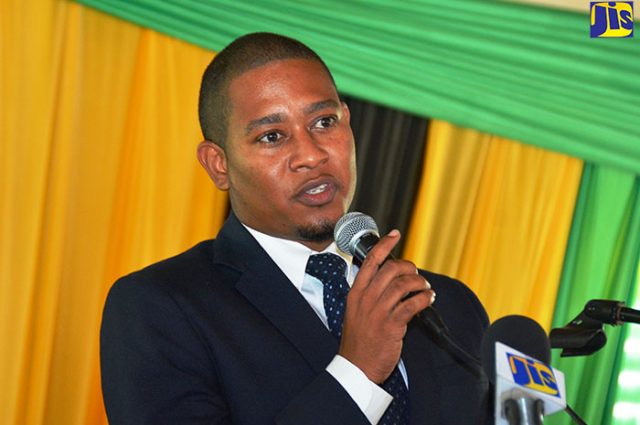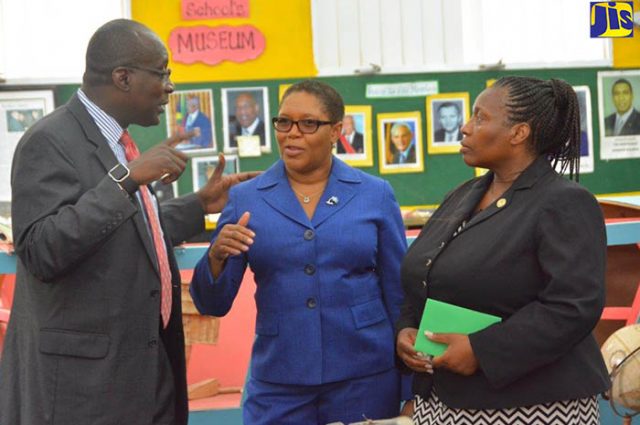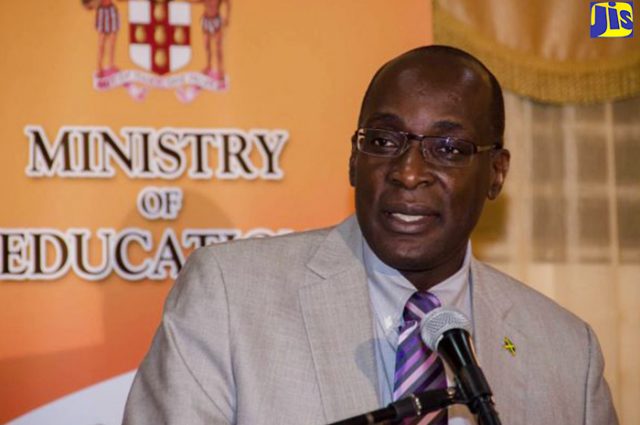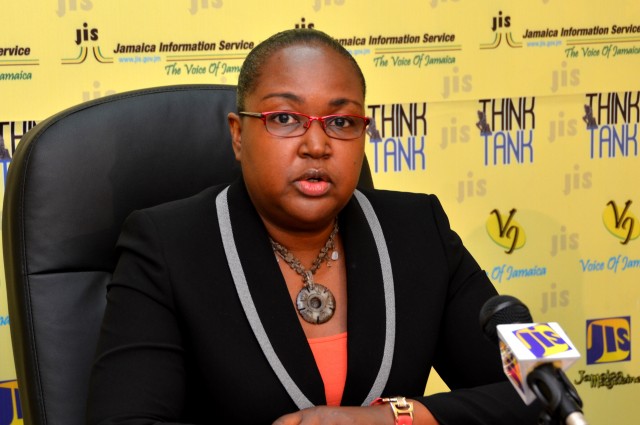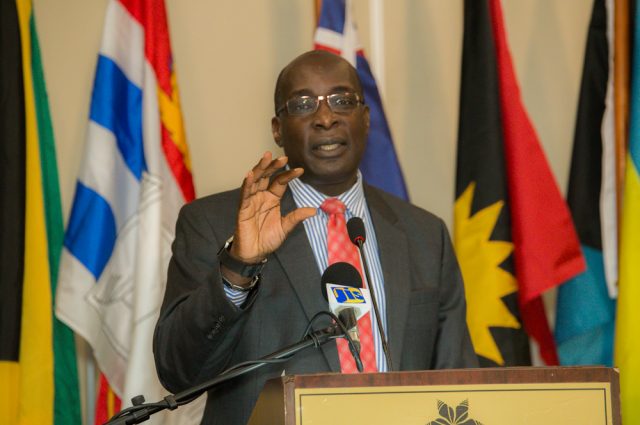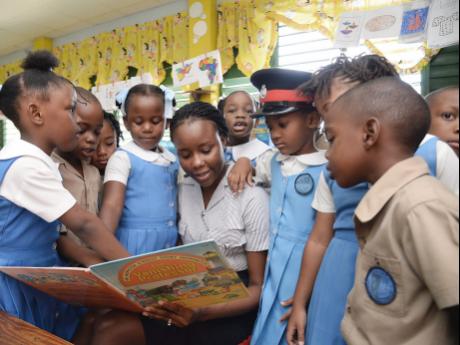JIS: This year, I wish to emphasize the importance of ensuring that the commitments made by the Government, Local and International organizations, community members and individuals to Jamaica’s children are extended to a group of children who are often forgotten or overlooked: those deprived of their liberty – children who are victims of child abuse.
These children are all OUR CHILDREN. They are our collective responsibility.
We continue to reiterate this and every year that Children are our greatest asset; as a nation, the responsibility is ours to ensure the creation of an environment in which children can grow up to become confident, caring adults, conscious of their social responsibilities. The reality however is that we have all failed to re-establish such an environment.
Hundreds of children in Jamaica are victims of crime and violence every year; on average, 15 in every 1000 children are the subject of a child abuse and maltreatment report.
“Take Action: Break the chain of Abuse against children” is a theme that resounds with a cry for help for a challenging but an inspirational message on this Children’s Day.
As a community, we have a social obligation to our children in assuring their well-being and holistic development are of utmost importance.
As such, I urge all Churches, NGO partners, community groups and neighborhood watches to join me in taking the initiative to host community walks across the island that ignite the development of plans and strategies for your respective populations that include child safe spaces that will foster an environment for taking real action in protecting our children.
The message on your walks can be simple.
If you suspect that a child is being abused, neglected or abandoned, you can help by calling 1-888-PROTECT (776-8328) to the Office of the Children’s Registry or the Child Development Agency at 948-2841-2. You may also visit or call the nearest Police Station.
To our Police Officers, namely the CISOCA officers I want to thank you for your vigilance in ensuring matters of violence and crime against children are handled with priority.
You are our children’s first point of contact, often times after heinous crimes have been committed and as such, I want to thank you in advance for the care you take in your interactions with them because the pain they feel never really goes away.
Finally, let me express my gratitude to the caregivers across institutions, private partners, foster parents and parents who have adopted. You have a significant responsibility and high duty of care for the children of this nation and it is by no easy feat. We will continue to support you while increasing accountability for the welfare of our children.
As a Global pathfinder nation, on a mission to protect our children from violence, we must all take pride in enabling our children to thrive in an environment of love and care.
Let us once again, communities near and far echo our commitment towards taking proper care of our children.
CAPTION: Minister of State in the Ministry of Education, Youth and Information, Hon. Floyd Green


